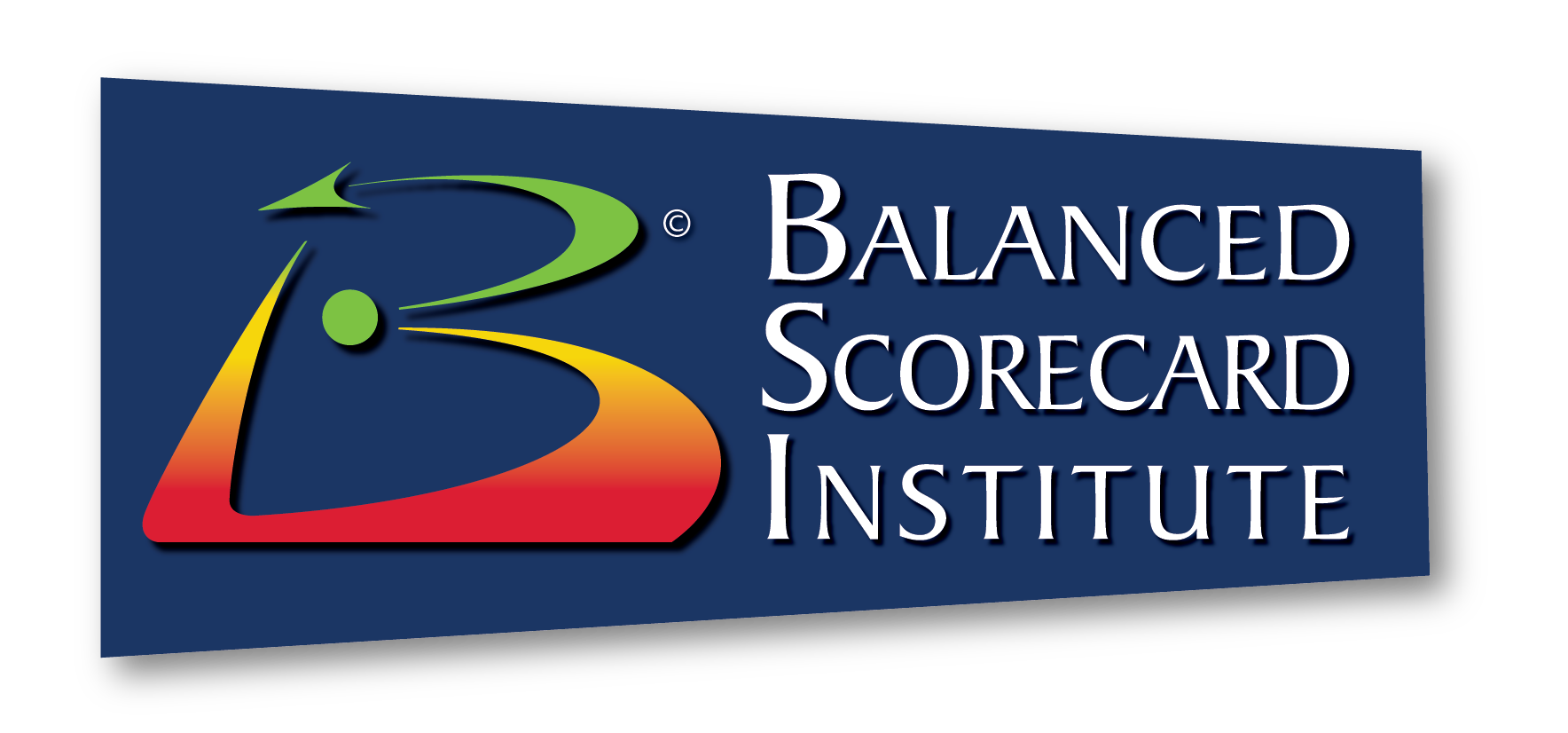 As artificial intelligence (AI) becomes more advanced, it is important to consider its impact on society and the environment, as well as the legal and ethical implications of its use.
As artificial intelligence (AI) becomes more advanced, it is important to consider its impact on society and the environment, as well as the legal and ethical implications of its use.
So, what is all the buzz about? What is artificial intelligence (AI)? AI refers to the development of computer systems capable of performing tasks typically requiring human intelligence. Examples would include learning, reasoning, problem-solving, perception and natural language processing. AI systems accomplish this through the utilization of algorithms and complex statistical models which make them capable of analysis and learning. They are able to identify patterns, perform forecasting, and complete complex tasks with incredible speed and accuracy. AI has a wide range of applications and already being used in the fields of healthcare, finance, transportation, customer service, and more.
Ethic Concerns
One of the biggest concerns with the continued improvement in capabilities of the AI platforms is in the realm of ethics. There exists a potential to perpetuate biases and discrimination into the systems. This can occur when the algorithms input into the AI systems are trained on biased data, which leads to biased outcomes. It is essential companies take proactive steps to ensure their AI systems are tested to be fair, transparent and unbiased.
Workforce
Another ethical consideration in the integration of AI is the potential impact on the workforce. As AI can greatly increase efficiency and productivity, there exists the probability of job displacement and inequality. When designing and implementing AI into an organization, leaders must be mindful of this potential effect on employees, customers, and stakeholders and be proactive in mitigating any negative consequences.
Privacy and Security
Privacy and security are also major concerns with it comes to AI. As AI systems mature, they become more sophisticated in nature and able to collect and analyze vast amounts of personal data. Organizations must put steps in place to ensure this data is used ethically and responsibly. Safeguarding this information and preventing data breaches or unauthorized access and usage are essential.
Accountability
Lastly is the issue of accountability. As AI continues to develop and become more autonomous, it may become increasingly difficult to assign responsibility when things don’t go as planned. Organizations must establish clear lines of authority and responsibility for the actions and consequences of their AI systems.
Balanced Scorecard Can Help
In order to develop a sound strategy to encompass these concerns, the balanced scorecard (BSC) can be utilized as an effective tool to help companies address these issues. One way the BSC can address the problem of AI ethics is by incorporating ethical considerations into the Organizational Capacity perspective. Including these considerations at this level can promote a culture of ethics and responsibility to help ensure AI systems are developed and utilized in a responsible and ethical manner.
Another way the BSC can help address the issue of AI ethics is by including ethical considerations in the Internal Processes perspective. Including ethical considerations in this perspective which primarily focuses on processes and systems, organizations are able to ensure AI systems are designed and implemented in an ethical and responsible manner building in compliance routines with relevant polices, procedures, laws and regulations.
Finally, the BSC can be used an effective system for developing, tracking and measuring the performance of AI systems against ethical guidelines and considerations. By including KPIs around the principles of ethics in the Financial and Customer perspectives, organizations are able to ensure their AI systems are delivering value from an ethical and responsible viewpoint in addition to objectives focused on profit, customer service and other typical objectives seen in these two perspectives. An example of a Key Performance Indicator (KPI) in this area might be the percentage of AI-generated recommendations accepted by accountable parties and implemented.
In conclusion, the BSC is a powerful tool that can be incorporated by businesses as they struggle to ensure ethics are a part of their AI development and not an afterthought. Embark on your AI journey by checking out our AI course, Generative AI Essentials for Strategic Advantage and Competitive Edge. You can also connect with us via email or call us at 919-460-8180 for more information.
Terry is Balanced Scorecard Institute's Director of Training and Senior Associate with over 30 years of experience working in both the private and public sectors.

